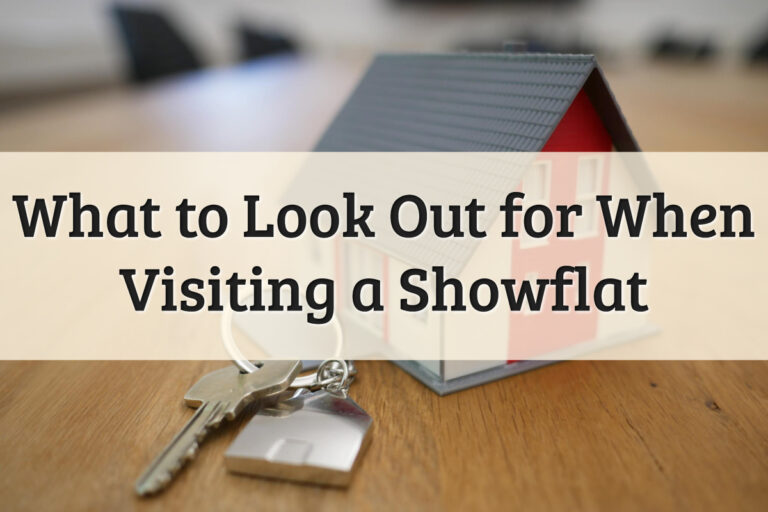Tips On Buying Property In Singapore

The property market value in Singapore, whether for a residential property or private property, is expected to grow in the upcoming years. Despite the basic regulations towards foreigners buying house in Singapore, it is considered a fairly safe investment.
The government has made quality housing an affordable deal, considering you have a fair amount of corporate experience and lesser troubles with finances.
With the increased capacity to manage more premium construction projects, several contracts are being sealed. In fact, there are hundreds of upcoming private properties, leasehold properties, and landed properties arising with a sea view and in the suburbs too.
Looking to purchase a resort home along the East Coast? Looking for apartments, bungalows, flats, or high-end condominiums? The perks of owning private housing in Singapore and further indulging in the future sale of property in Singapore could be your best investment decision in life.
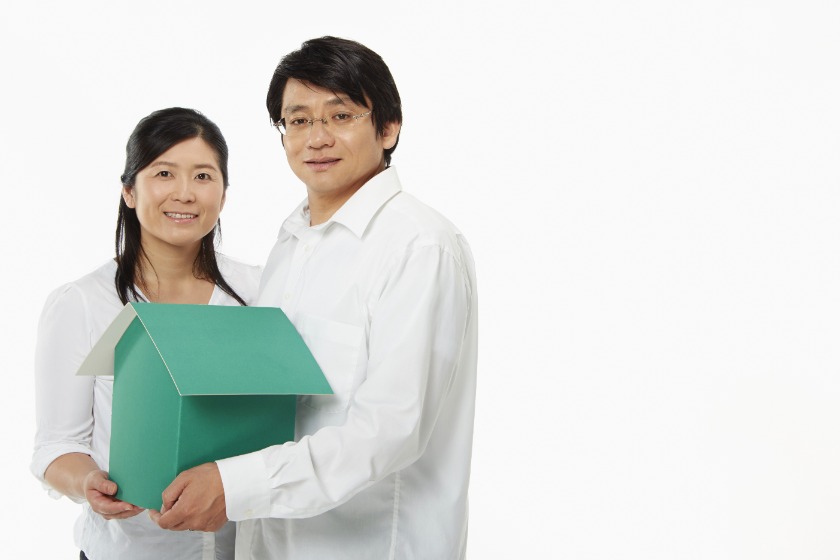
Who Is Eligible To Buy A Property In Singapore?
A Singaporean citizen or permanent resident is eligible to buy one or all of these three types of real estate options.
- HDB flats (Housing and Development Board)
- Executive condominiums (ECs)
- Private properties [1]
Factors such as tax rates, ownership restrictions, housing loan, and interest rates are less burdening for Singaporeans than for foreigners. Speaking of foreigners, they can’t buy property in the form of HDB flats. Even to become a property owner of landed properties like top-notch apartments, terrace houses, or bungalows, government approval must be acquired.
Also, if a buyer owns private property in Singapore and plans to purchase an HDB flat, the buyer must sell their private property at least 6 months before getting into an HDB flat purchase agreement.
There is an application form on the website of the Singapore Land Authority (SLA). They showcase rules, conditions, basic knowledge, and offer necessary permission to help in purchasing property entities. At a minimum, the following two requirements are a must to buy real estate (landed) here:
- The applicant must be a permanent resident of Singapore for a minimum of 5 years
- Purchasers must make some contributions to the country of Singapore based on taxes charged over income
Some citizens may not be able to abide by such policies due to citizen-like relations with other countries, region eligibility, occupation hurdles, or invalid documents. Such present-day Singapore citizens must invest in an executive condominium unit or an apartment unit.

Types Of Properties In Singapore
Property developments in Singapore are categorized based on exclusiveness, housing models, and specific inspection based on nearby stations, schools, and additional amenities. The following housing options should help you deduce a comparison between your preferred type of purchase.
HDB Apartments
HDB part of real estate is considered as public housing. The purchasing price of these houses is subsidized. Rarely does one have to rely on a heavy bank loan and the need to pay exorbitant prices. If you are looking to buy apartment in Singapore, then these HDB-type homes come not only with pocket-friendly rates, but also a better resale value for future sales.
Besides, if you are a foreigner turned Singapore citizen, you too get the choice to become the purchaser of an HDB flat. Also, if you are not a permanent citizen and make the payment for the flat along with a Singapore citizen, it is counted as a family nucleus and thus lets you choose from thousands of property listings.
Everything related to day-to-day essentials would be in your vicinity when you move into an HDB flat. The stamp duty would be charged above the current purchase price in the property market. In case of tweaks in property ownership documents, downpayment schemes, or insurance deals, consider hiring a property agent.
Condominiums
Executive condominium development is built by private developers with a sole intention to have young Singapore citizens (who are not financially equipped to buy a private property) as homeowners. Professionals who own a company, high stock stake, or earn a high salary, are the target market for condos in Singapore for sale.
First-generation owners of executive condominiums cannot assign a new occupier within the initial 5 years term of their ownership. Post 5 years, the initial occupier can sell their units to Singapore residents as per the residential property act. Finally, after 10 years of being the first homeowner of an executive condominium, it can be sold to a foreigner from any country, that too with a major lift on restrictions.
Once you have done your research on building builders, studied nearby places, maintenance costs, and future impact of the locals in the area, you can approach the HDB for additional queries.
Landed Property
Expats who wish to make chunk-wise purchases of a landed lot must enquire with the SLA regarding their minimum eligibility criteria and anything related to insurance, additional measures, and future sales. Keep in mind. the process for non-Singapore residents to meet every condition to purchase a landed property is in the hands of the government.
Landed property sellers may face issues like a drop in property value due to high maintenance demand. The ownership document must have a clear statement about the procedure and arrangement of periodic repair needs.
The government is responsible to regulate the rates, tax value, and finance-related measures regarding these properties. A high-end residential property or private property can also come under this category.
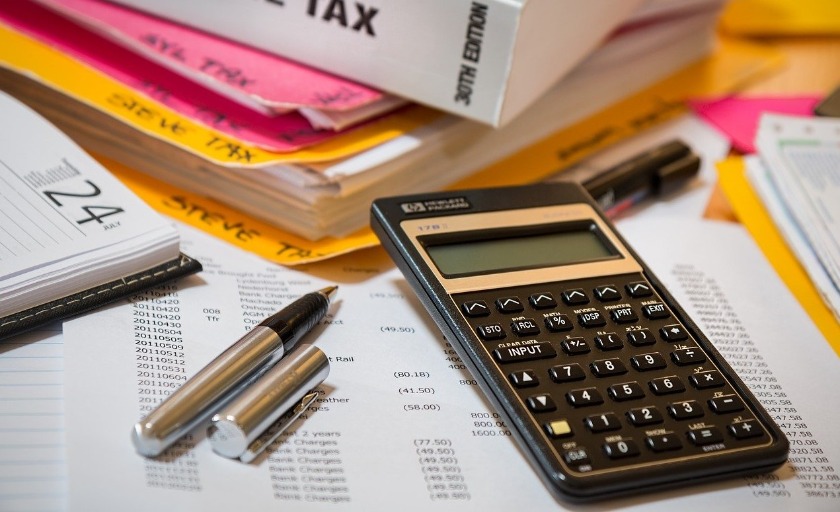
Types Of Singapore Property Taxes
Being a resident and owning property comes with the compulsory condition of sharing your wealth with the state. The transactions in Singapore’s property tax system has amassed a noteworthy presence for individuals to adhere to. The property tax contribution each individual makes is split into different tax valuation types.
Irrespective of the institution, party, speculation in a partnership, contract consent, or status of the persons involved, tax acquisition is a source that stands as a leading principle of the property market in Singapore. In most cases, these two taxes should give you an idea as to the additional payments you have to work on.
Buyer’s Stamp Duty
Buyers stamp duties are calculated based on the property purchase price. If the buyer’s stamp duty cannot be calculated on the property price, the market property prices are considered. Based on being a residential property or a non-residential property, the split up can vary.
Remember, a buyer’s stamp duty is charged on the annual property value. Thus with a fluctuation in property prices, the buyer’s stamp duty can be different for each year in the market.
If you’re planning to take a bank loan for buying a condo in Singapore, keep up with the property news and account for this factor. This way you can crack the best interest rates for a home loan and also maximize your rental yield for the loan tenure. In a situation where you are in an agreement that states you are the homeowner of non-residential property, the process of taxation will change.
Additional Buyer’s Stamp Duty
The Singapore government believes that placing an additional buyer’s stamp duty on a residential property at Singapore only for foreigners has a chance of reducing the number of expat entries.
When this is combined with the selling price, the overall property valuation becomes hefty for an expat. The role and reason for introducing this tax type are to cut down the chances of foreigners from around the world settling in the local districts.

What Should You Consider When Buying A Property In Singapore?
Choosing and buying private property in Singapore is a step-by-step process. Your income, savings, family approval, visa consideration, lease plan, or property vendor background can influence your purchasing choice throughout the cycle. When you look at property listings, consider the completion of the below-mentioned checklist as a success.
Your Budget
Despite the government taking cooling measures on the property rates, Singapore permanent residents and foreigners should be ready to shell out between $300k to $3million for a Singapore property. Whether you are looking for an HDB flat in a residential property or are looking for a private property in the central business district, this amount range is standard.
The fact is that HDB flat calls for minimal or no loan amount. This means if you’re on an HBD flat property search, home loans would be a rare calling. A higher number of Singaporeans show immense interest in such a home rather than huge-condo properties.
If you will not be able to deposit money due to low income and no savings, consult a real estate agent, lawyer, or solicitor. They will help you devise a mortgage plan and finance your dream home.
The Singaporeans state has several banks that help expats with a mortgage offer including 80% of the entity value. Being a borrower, the bank grants a long-term payback period of about 30 years.
Loan To Value Ratio
A loan to value (LTV) ratio guides a buyer regarding the amount of money that can be loaned from borrowers to the money you can pay yourself. For an HDB room loan, current info suggests that a maximum LTV of 90% can be acquired. Whereas a bank loan can acquire a maximum LTV of 75%. Also, remember that LTV limits vary with the number of property loans you are taking.
If the need to pay an additional buyer’s stamp for residential property along with stamp duty BSD charges is stressing you, then exploiting the benefits of the LTV ratio as per your income and savings could help buy an apartment in Singapore.
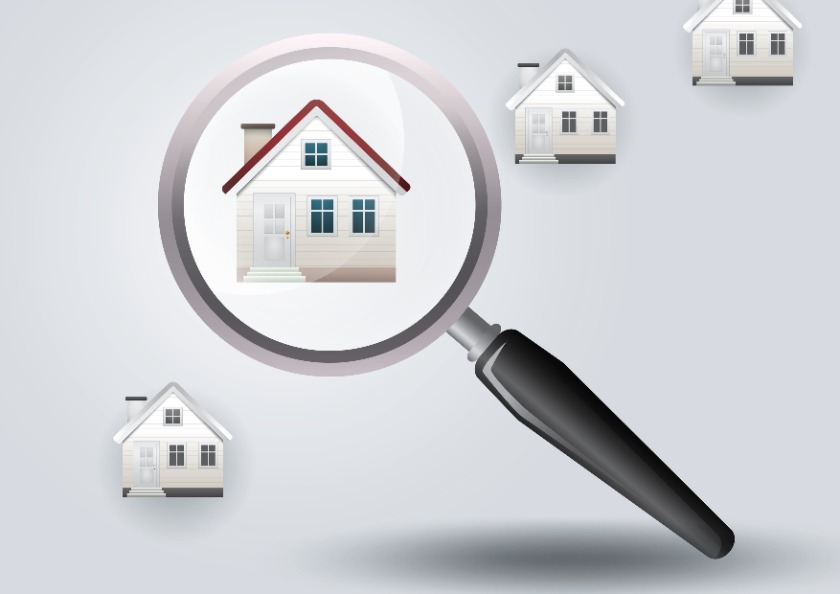
Location, Accessibility & Amenities
The question surrounding ‘how to buy a house in Singapore’ usually accounts for all finance-related factors, but less focus is given to the surrounding facilities. As a Singaporean, whether you are buying private properties as a resale flat, workspace, or for some other kind of benefit, make sure you know all about the area you plan to stay in. For instance, services such as railway, hospitals, shophouse, malls, etc. should be around your home.
Showcasing modern-day Asia, Singapore has levels and higher stages of classy properties that suit the style of varied buyers. Although a Singapore property developer will work hard to offer the best viewings of the city and sorting each utility requirement, whether in-house or nearby, you must look for Hydrotherapy pools, recreational parks, complex shopping facilities, etc.
Tenure Of Land
When working on property acquisition projects, make sure to enquire with the property board regarding the land tenure. If you’re looking to make an investment, most agents will give you details regarding 2 types of land tenures.
The first type is the 99-year leasehold that puts the title of the homeowner as the landlord for a period of 99 years. The second type is a freehold land tenure that doesn’t come with any issue of time limits.
Although freehold sounds like a better option, 99-year leasehold actually wins due to greater capital gains and rent liability. Sadly, individuals looking to buy property in Singapore prefer to purchase properties that come with a freehold tenure. This is of course due to the longer indefinite duration of owning the home.
Rental Yield
Is your main intention to buy property for investment? In this case, you must speak to property agents in district 9, 10, and 11 as properties in this region have profitable rent prices when compared to the overall purchase rate.
Check our review on the following properties:
- Martin Modern located in District 9
- 19 Nassim located in District 9
- Juniper Hill located in District 10
- Royal Green located in District 10
- Fyve Derbyshire located in District 11
- Dunearn 386 located in District 11
Look for homes with rental yields that neutralize the worry of your home loan and interest rates, if at all. If you look at Singapore-based real estate agency websites you will find out the average rental cost to vary from SGD 1500 to USD 3000 per month. An estate agent may help gain a comfortable position in the property market due to his/her agency-expertise.
Bonus tip: Sum up your yearly rental fees and convert it to a percentage based on property prices. Above all, several buyers use this money as a way to clear housing loans.

Frequently Asked Questions
Can foreigners buy property in Singapore?
Yes, foreigners are eligible to buy property in Singapore. Although there are limitations and fee structures based on the type of property. Private apartments and condominiums are accessible to foreigners immediately. But bungalows require a confirmation from the government. The board gives you notice and separate bill if you plan to alter the design or start your workplace on these properties.
Speaking of Executive Condominiums, whether as an investment or as a housing purchase, are only given to foreigners once the property is over 10 years old. Whereas, an HDB flat can never be acquired by a foreigner in Singapore. An HDB unit can only be sold to Singapore citizens.
How much do I need to buy a house in Singapore?
A buyer will need approximately USD 1 million to buy a house in Singapore. Consider a +/-USD 100,00 limit. Several factors come into play when determining the lump sum fee for a Singapore property. Few of them can include in-house amenities, property maturing, facilities in the vicinity, unit condition, etc.
Another financial factor that you must account for is the additional money spent on legal and mandatory government-enforced matters. Depending on whether you have a PR status or have multiple bank loans, it is advisable to hire a property lawyer to form the best possible deal.
Is property a good investment in Singapore?
Yes, property is a good investment in Singapore as it comes with a range of assured benefits. Apart from setting up an additional source of income (via rent), homeowners can also use the place as a vacation home and can consider shifting to the country when they please.
The Singapore property market is evergrowing and has the potential to convert meagre investments into massive returns. Try setting the terms as per your future plans and you may even get some extra money pocketed.
How many properties can you own in Singapore?
You can own as many properties as you like in Singapore, there is no limit. Although there is a time limit that restricts you from buying more property for a specific duration. This exists only with HBD flat owners.
For example, an HBD flat homeowner who also wants a private home will have to live in the former for at least 5 years before being allowed to buy a private home. Another limitation is that a property owner cannot own 2 HBD flats simultaneously. One of them must be sold within 6 months of getting a new HBD flat.
Conclusion
Almost every Singapore property for sale in a great investment opportunity. Thoroughly check the details and criteria related to PR, transfer fees, and ownership factors. You can always access the internet and check out several Singapore property websites that can give you much-needed clarity.
Keep an eye on property rates in different parts of Singapore. The market is volatile and you never know how one morning your dream home seems to be affordable all of a sudden.
You may also like:
Property Listings
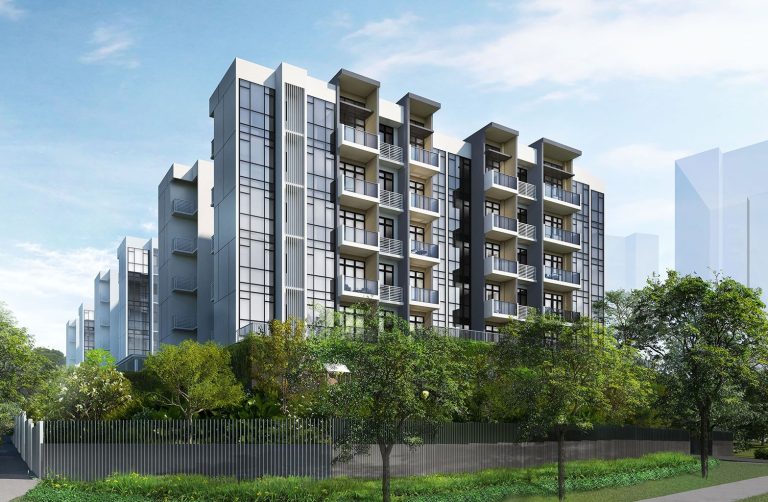
Our Thoughts On The Arden: Your Buyer’s Guide
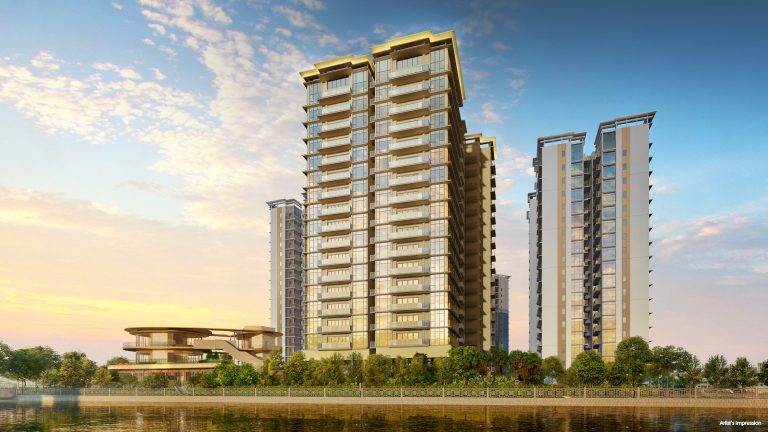
Our Thoughts On Dunman Grand Residences: Your Buyer’s Guide

Our Thoughts On Pinetree Hill: Your Buyer’s Guide
Blog Post
Emerald of Katong: Your Ultimate Guide to Upscale Living in Singapore’s Vibrant Heart
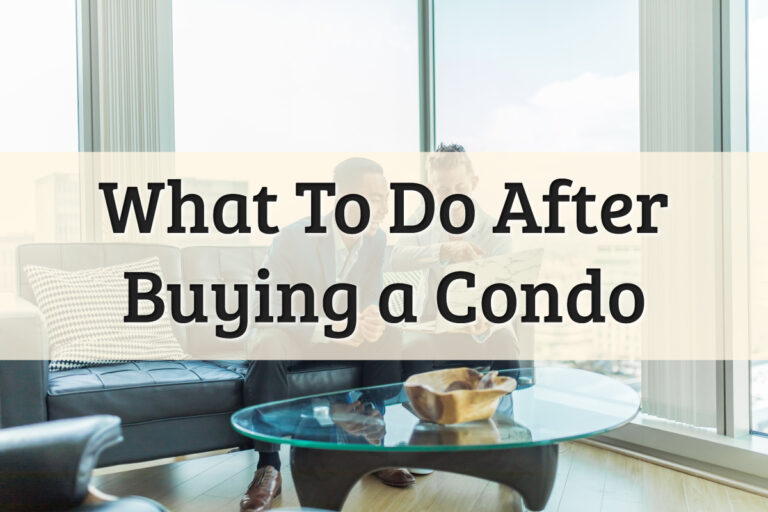
What To Do After Buying a Condo
